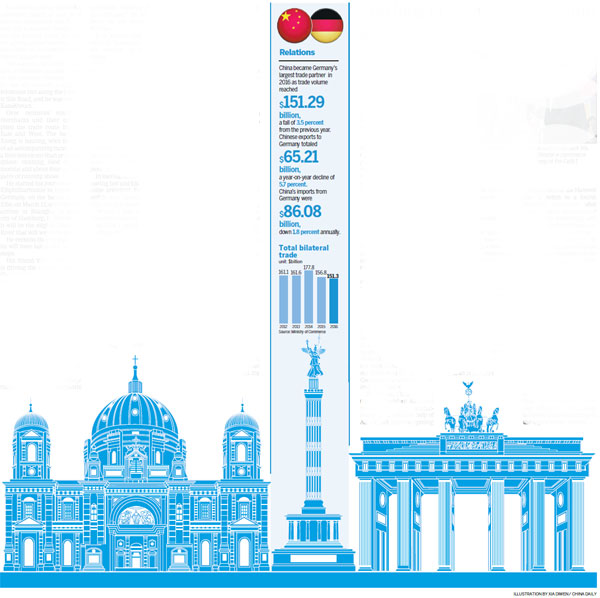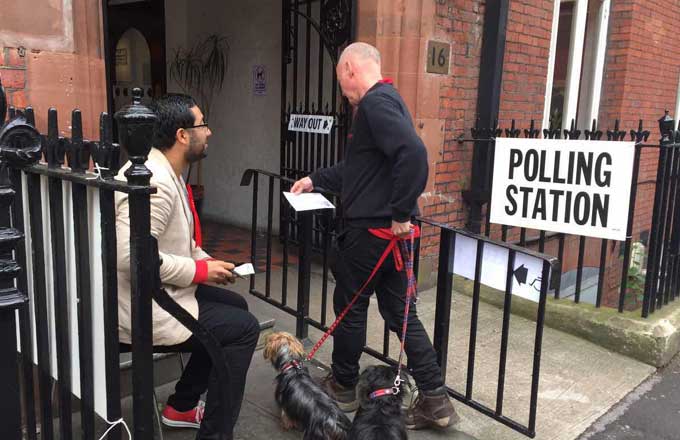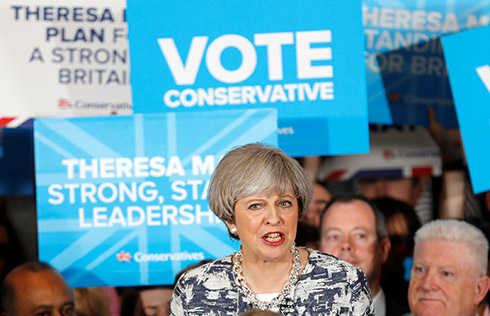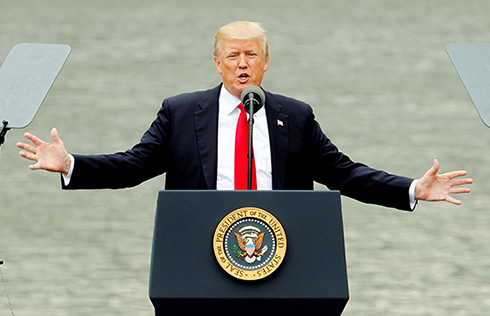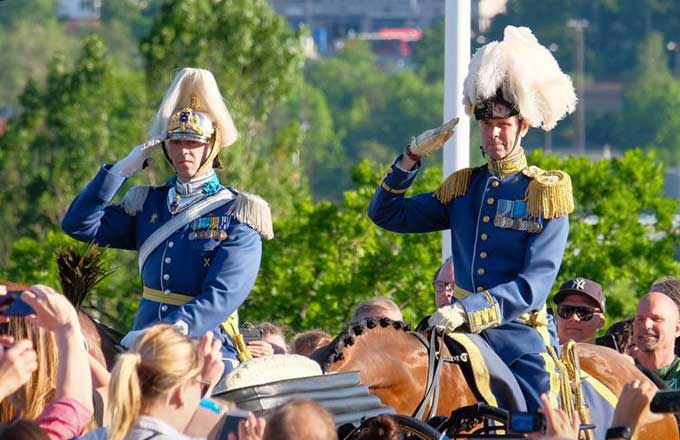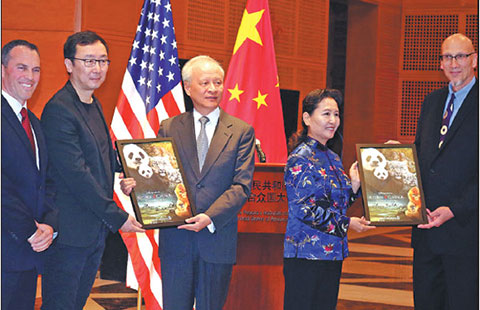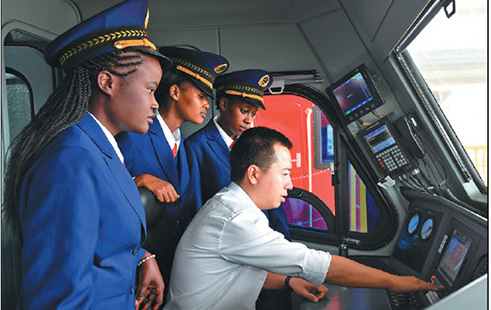Millions of steps on the road to understanding
Revitalized trade routes set to forge greater connectivity as global commerce establishes a new course, Zhou Wa reports.
Kai Markus Xiong enjoyed a refreshing bottle of cool beer after an exhausting run, but it was not a parched throat that felt the blessed relief. Instead his aching ankles luxuriated in the iciness of the bottle that he placed against them.
The 44-year-old German had just completed another stage in the grueling challenge that he has set himself, a 12,000-kilometer run along the historic Silk Road, and he was now in Kazakhstan.
Over centuries countless merchants and their camels plied the trade route linking East and West. The baggage Xiong is hauling, with the aid of an accompanying caravan, is a little less exotic than aromatic spices: clothing, food to last months and about four to eight pairs of running shoes.
He started his journey at the Elbphilharmonie in Hamburg, Germany, on the banks of the Elbe, on March 12, and when he arrives in Shanghai, a sister city of Hamburg, in November it will be the mighty Huangpu River that will welcome him.
He reckons that by that time he will have taken 18.5 million steps.
His friend Victor Neubauer is driving the support caravan that will help sustain them on the journey. They will rest and stock up on supplies in cities or villages en route, but if they are in the middle of nowhere they will use the caravan for warmth and to sleep, Xiong said.
Xiong said he would run between 50 km and 70 km a day, and every seven to nine days have a one-day rest, to explore and get a taste of the local culture wherever they happen to be.
"The main goal is to bridge cultural gaps and dismantle prejudices between Germans and Chinese," he told China Daily via the messaging app WeChat.
It is exactly this idea that touched Neubauer and fueled his resolve to accompany Xiong.
"I'm lending my support to Kai because his idea of building a bridge of cultural communication through running is such a great idea," Neubauer said.
Xiong also has the strong support of his Chinese wife Bella Xiong, who was expecting their first child when he told her of his idea in 2014.
"What I was mostly thinking of at the time was his safety. After all, running such a long distance through so many unfamiliar countries is no piece of cake."
In leaving on his venture and leaving her and his son behind, some criticized Kai for being selfish and irresponsible, she said, but that was wrong.
"When I was pregnant he attended to almost every detail, from how I could be stronger during delivery to choosing the pram. If he weren't undertaking this run he would be the same kind of caring person he always is."
But she acknowledged that raising their child in her husband's absence for the best part of a year would be difficult.
Kai Xiong, who was born in Bavaria, is a fitness fanatic.
He owes his interest in China to one of his teachers who lived in China for 30 years and influenced him profoundly.
After graduating from school he worked in banking for 17 years, and then, in 1998, set up a financial consulting company which has many Chinese clients, meaning he was a frequent visitor to China.
He reckons that Chinese culture and Bavarian culture are not worlds apart, as most people probably imagine.
However, many Germans still have a narrow outlook on China, he said.
"For example, I have had problems with my shoulder and tried most European medicines and treatments, to little effect. Much to my surprise, traditional Chinese medicine cured the ailment."
It is this kind of misconception and stereotype that he hopes to help eradicate as he meets people from many different cultures along the way.
By mid-May he had run more than 3,130 km, passing through Poland and Belarus, Russia and reaching Kazakhstan.
On the second day in Russia, he said, he met a horse herdsman and his charges. Despite the linguistic barriers he managed to make it known what he was doing and he was offered a place to stay.
"Everyone I have met during the trip has been very nice and positive. Most can see the point in running along the Silk Road to create a better understanding between different peoples."
He refused the herdsman's offer because he had to finish another 20 km that day, he says.
His biggest challenge has been finding financial help with the trip, he says, but that has failed to deter him from his endeavor.
"But no matter how difficult it is, I won't give up, because I've promised my son and my wife."
